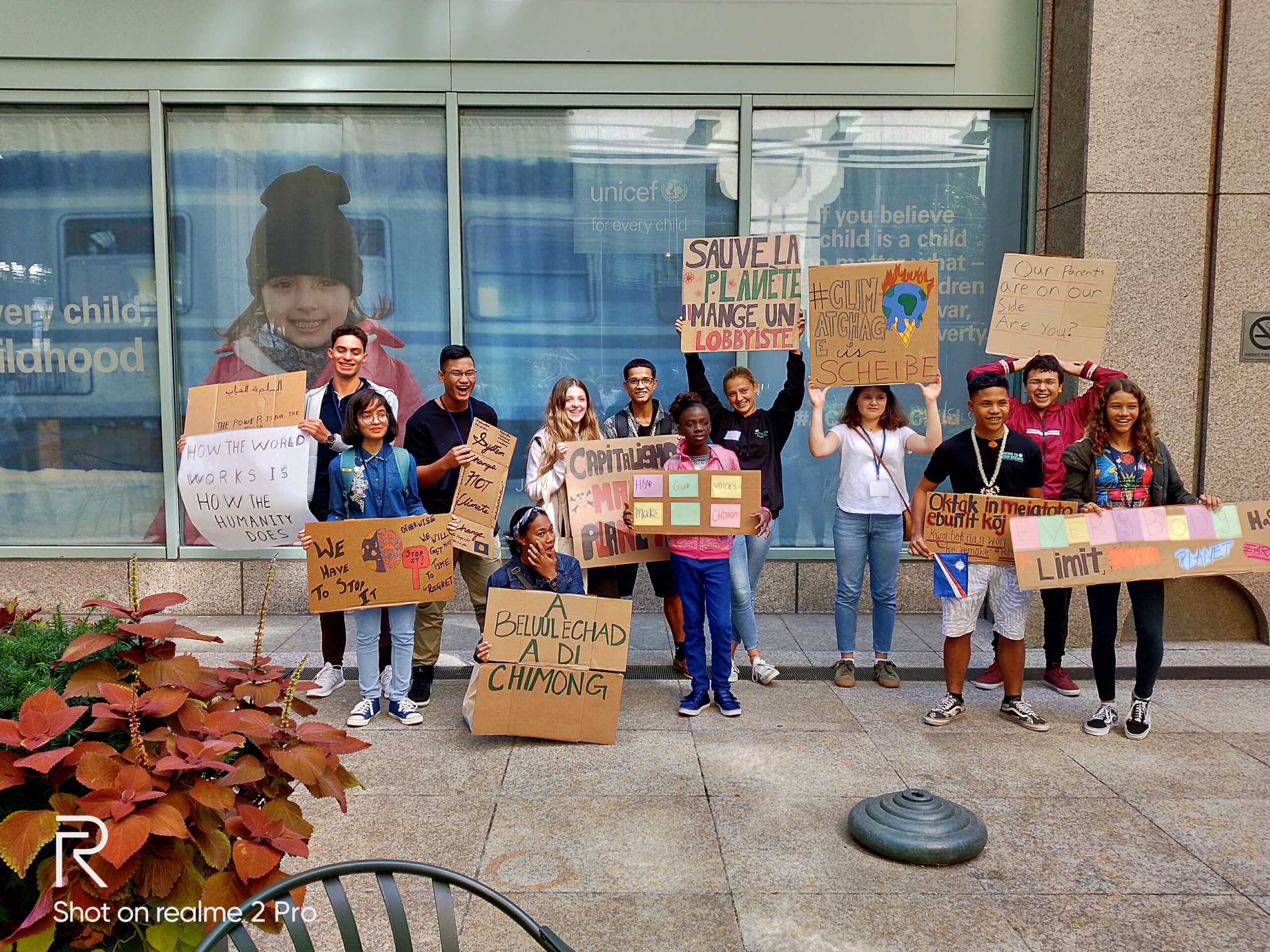When Ridhima Pandey was only 5 years old, climate change barreled into her life. It was 2013, and flash floods and landslides in her home state of Uttarakhand in India killed over 1,000 people and prompted the evacuation of 100,000 more.
“I was scared that I would lose my parents and home because of floods someday, and that’s how I learned about climate change and global warming,” says Pandey. “And after learning for some years, I decided to take action.”
At the age of 9, she sued the Indian government through the country’s National Green Tribunal, a special court that deals specifically with environmental issues, for not taking actions against climate change, as it had promised under the Paris Agreement. After one and a half years, the court dismissed the case – but that did not stop Pandey. She then took it to the country’s supreme court where it remains pending, and in 2019 she and 15 other children filed a complaint to the U.N. Committee on the Rights of the Child for failing to address the climate crisis.
India stands to be severely affected by a heating climate. Extreme droughts, floods and air pollution are just a few of the challenges the country faces. Pandey says that governments tend to not listen to the opinions of her and other young activists, brushing them away as just being kids. But young people like herself are fighting with the determination that comes from having their futures jeopardized by the actions of adults.
“If I, a 12-year-old, can understand how detrimental the effects of climate change are and can raise my voice against it, all of you in the audience can only do better,” she said to listeners during a TED Talk in 2020. “Let’s start acting now, and let’s save our planet together.”




